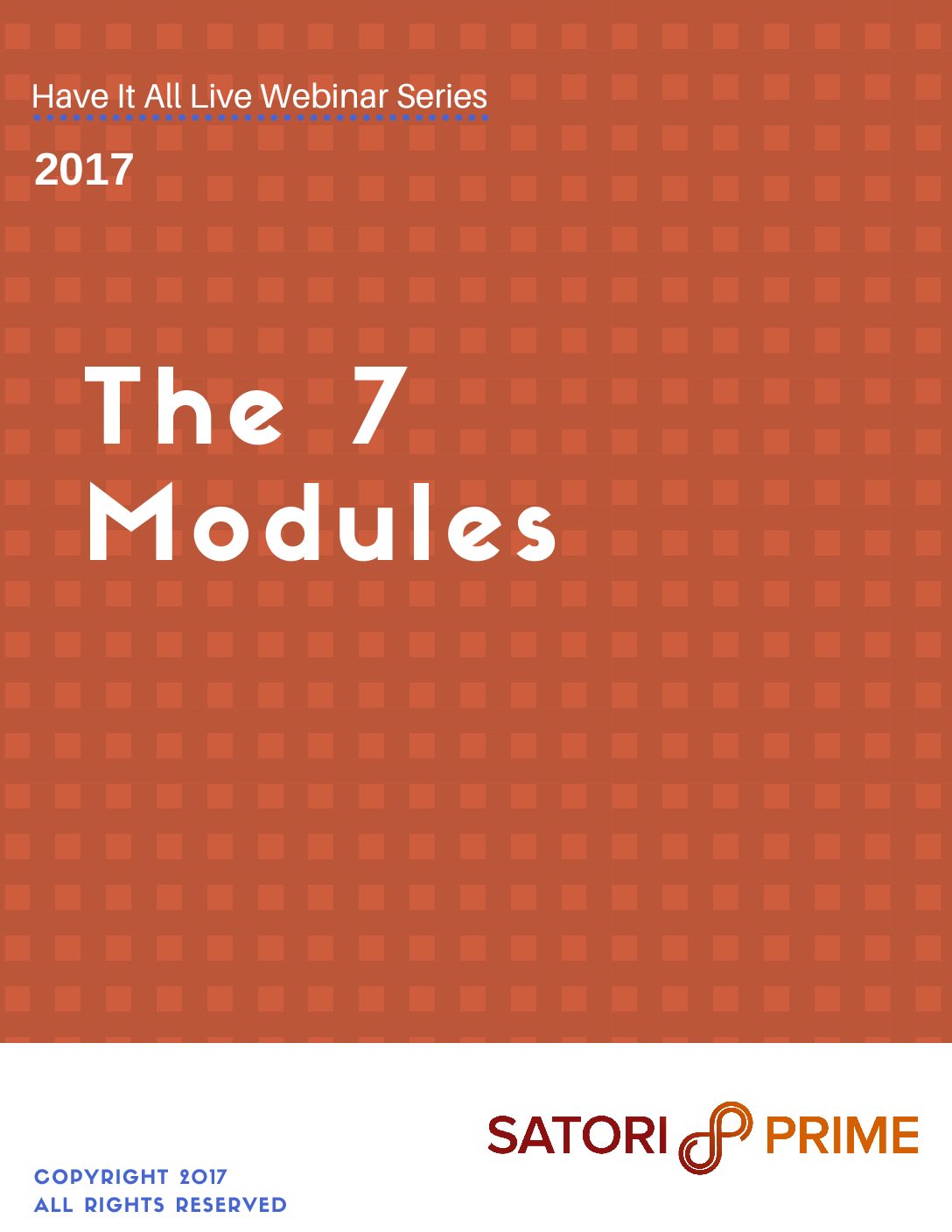Set Your Mind Free with a Minimalist Lifestyle
It's no secret that the world has become a crowded and noisy place. There are so many people with so much stuff that sometimes just living in the modern world can feel overwhelming. Perhaps this is why many people have become interested in the benefits of a minimalist lifestyle. If you aren't familiar with minimalism, you've come to the right place for answers.
This article takes a look at what it means to adopt a minimalist lifestyle. Keep reading to discover insight into why this philosophy has become so popular and how it can reduce stress, provide greater peace, more abundance, and even change the way that you look at the world.
Set Your Mind Free with a Minimalist Lifestyle
First of all, let's start with the definition of “Minimalism”.
The basic definition of the minimalist lifestyle is simply to live with only the things you need. Minimalists don't derive their joy from buying more stuff that the world has sold them on. Instead, they find happiness in relationships, connections, and experiences. This obviously isn't always encouraged in the modern materialist world, because possessions have become a way to keep score. After all, he who dies with the most toys wins, right? Actually, this attitude isn't simply wrong, it's incredibly unhealthy.
Living a minimalist life is about making smarter choices, changing your priorities regarding what's important, and letting go of the need to judge success based on quantity rather than quality.
How Do I Become a Minimalist?
One of the great things about becoming a minimalist is that it doesn't require any sort of financial investment. Minimalism is about giving away rather than consuming. This won't come naturally to some people, and yet it can be the most refreshing experience you could possibly imagine.
Keep in mind that there's nothing to sign up for. You won't need to pay a start-up fee, join an email list, or make a down payment. Joining the minimalist movement is more about a shift in attitude, and then undergoing the process of starting to simplify your lifestyle.
Steps to becoming a minimalist
Becoming a minimalist isn't complicated. It merely requires a few simple steps.
- Set Your Rules for Minimalism: First, establish your own set of rules for how you want to live. You can be as extreme as you want, or simply decide to adopt a simplified lifestyle and consume less.
- Start With a Clean Slate: The best first step is to clean everything out, and then keep only those items that you can't live without. Starting with a clean slate might cause anxiety at first, but you'll be amazed at how refreshed and free it makes you feel.
- Use It Or Lose It: Don't keep anything you don't use. Otherwise, it'll be hard to get rid of anything.
- Organize Items by Category: Categorizing your possessions can help you decide what to get rid of. That means taking the time to prioritize your stuff. The more you get rid of the better. So start with the things that you absolutely need and then proceed from there.
- Ask Yourself the Hard Questions: You're going to experience internal resistance. So just prepare for that. Your natural impulse will be to hold on to everything you've worked so hard to accumulate. The secret to minimalism is learning how to let go.
- Combine Uses: Remember, you don't need everything. Many items you own actually serve a similar purpose, so focus on using less to accomplish more.
- Minimize Space: Here's another secret to living a successful minimalist lifestyle: downsize your living space so that you have less space for stuff to accumulate. This will greatly reduce the temptation to buy more.
- Bring In Less: Speaking of buying more, just get in the habit of not buying stuff. Consumption is a lifestyle. Most people need very little, so try to remember that any time you're tempted to fall back into your own pattern of accumulating junk.
Is it Good to be a Minimalist?
The short answer is yes! In fact, this is one of the best decisions you can possibly make. After all, much of your adult life has probably been about working hard to make money to buy things that you don't truly want or need.
This endless cycle typically results in anxiety as well as a feeling of never being truly satisfied in any sort of lasting or authentic way.
Being a minimalist is really about acknowledging the fact that you actually need far less than you've been led to believe.
What is a Minimalist Person?
A minimalist is an individual that has decided to downsize their lifestyle. This is accomplished by reducing their possessions, taking up less space, and learning to consume less.
Are Minimalists Happier?
Overall, most people that make the decision to embrace the minimalist lifestyle would probably tell you that they are much happier now than ever before.
How can this be? Simply put, consumerism is a dead-end street. No matter how much you accumulate in life, it will never be enough.
When you stop to think about it, the best part of having something new is the moment you buy it. In other words, it's the anticipation that's most exciting rather than the actually owning of the item.
Minimalists are people who've decided to embrace having less in order to discover other ways to find fulfillment.
What are the Benefits of Minimalism?
Everyone likely experiences different benefits. And yet most would acknowledge a greater sense of freedom, authentic happiness, as well as a reduced need to buy more stuff.
A Guide to the Benefits of the Minimalist Lifestyle
When you stop to think about it, owning stuff is a burden. The secret to increased peace and happiness is to learn to live with less. Fortunately, these benefits of the minimalist lifestyle will help to make the transition to a simpler way of life a bit easier.
For more insight into cultivating great inner peace, click here to discover simple steps for learning to meditate.
The KonMari Method Explained
Let’s take a quick look at the KonMari Method by Marie Kondo. Kondo is the author of the best-selling book, The Life-Changing Magic of Tidying Up: The Japanese Art of Decluttering and Organizing.
The KonMari Method that Kondo outlines, allows you to choose what to keep based on what “sparks joy” for you.
The underlying principle of both minimalism and the KonMari Method is that stuff does not equal happiness. As a matter of fact, you may be trading a great deal of happiness to own all that stuff in the currency of time spent to organize and maintain it, as well as actual money spent doing the same.
Minimalism as a Spiritual Practice
Minimalism has a spiritual or mystical component. Eliminating, cleaning, and decluttering physical spaces has been known to inspire people to shed thoughts, emotions, and ways of being that block their connections to their higher power.
As you begin to eliminate your excessive material possessions, you will most likely come face-to-face with your true self. You will no longer be able to hide behind the facade of your “things.” You will be revealed as you truly are. This will be a wonderful moment of self-realization.

